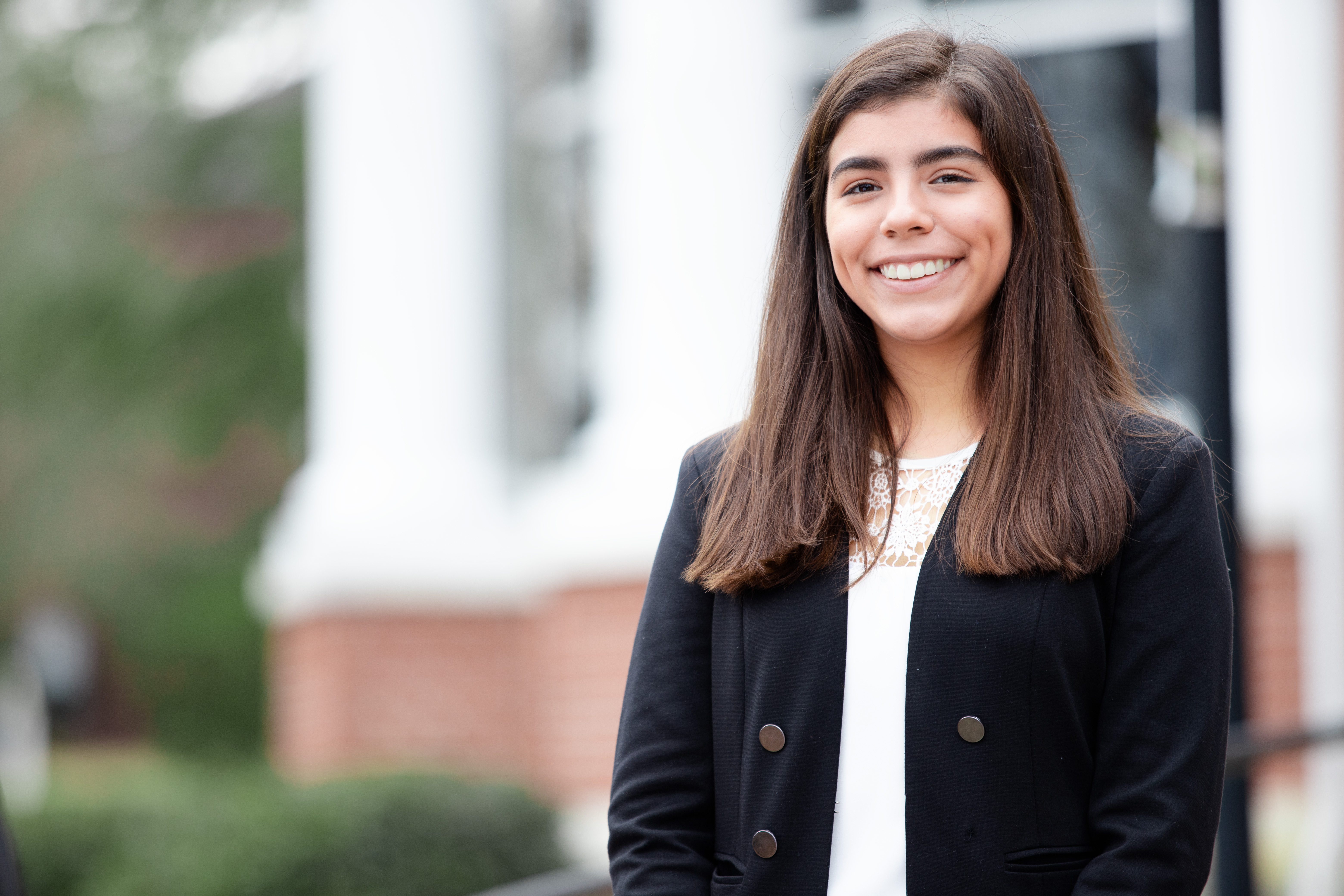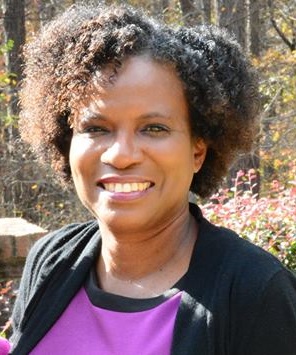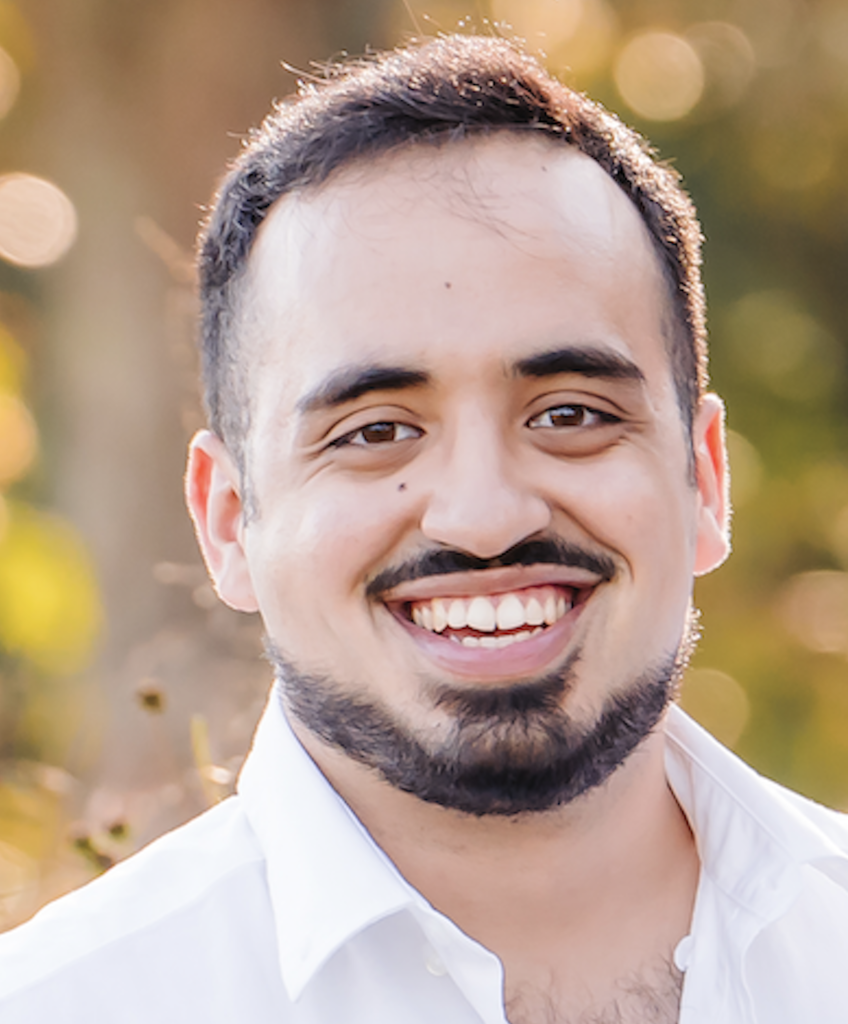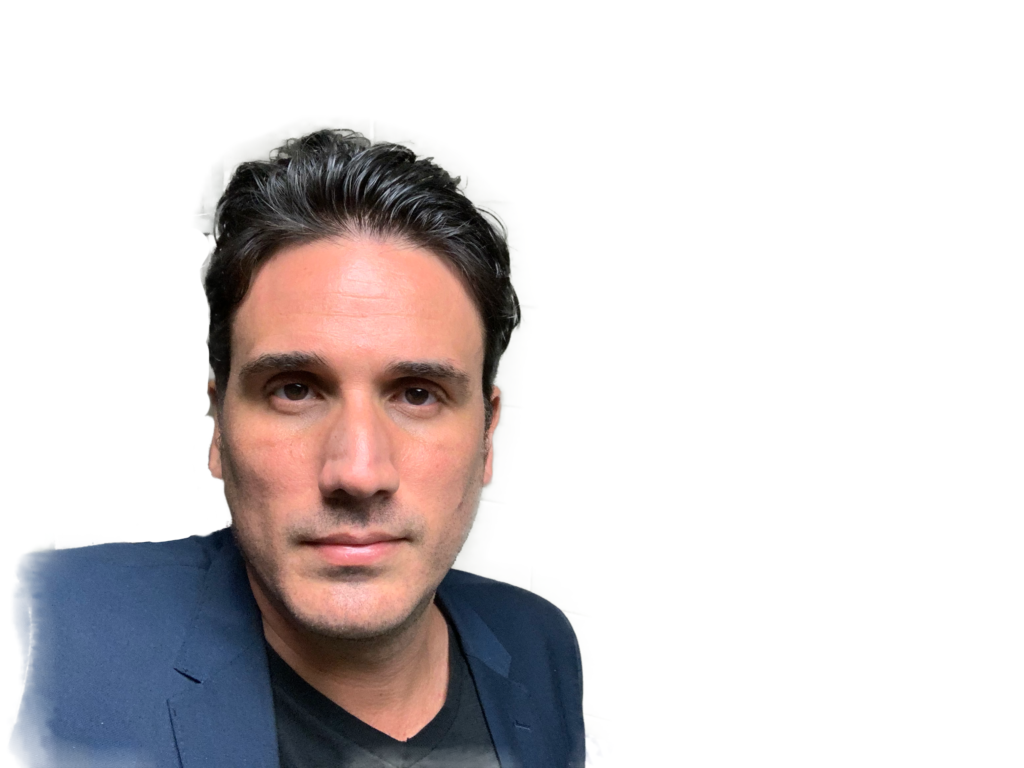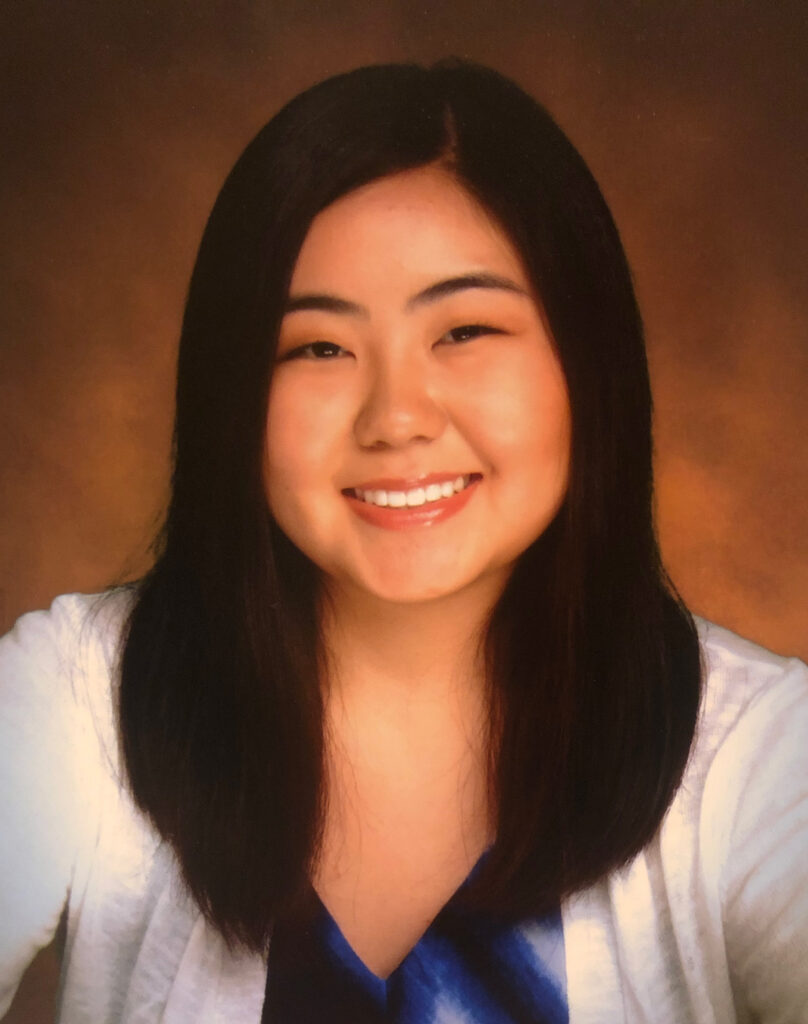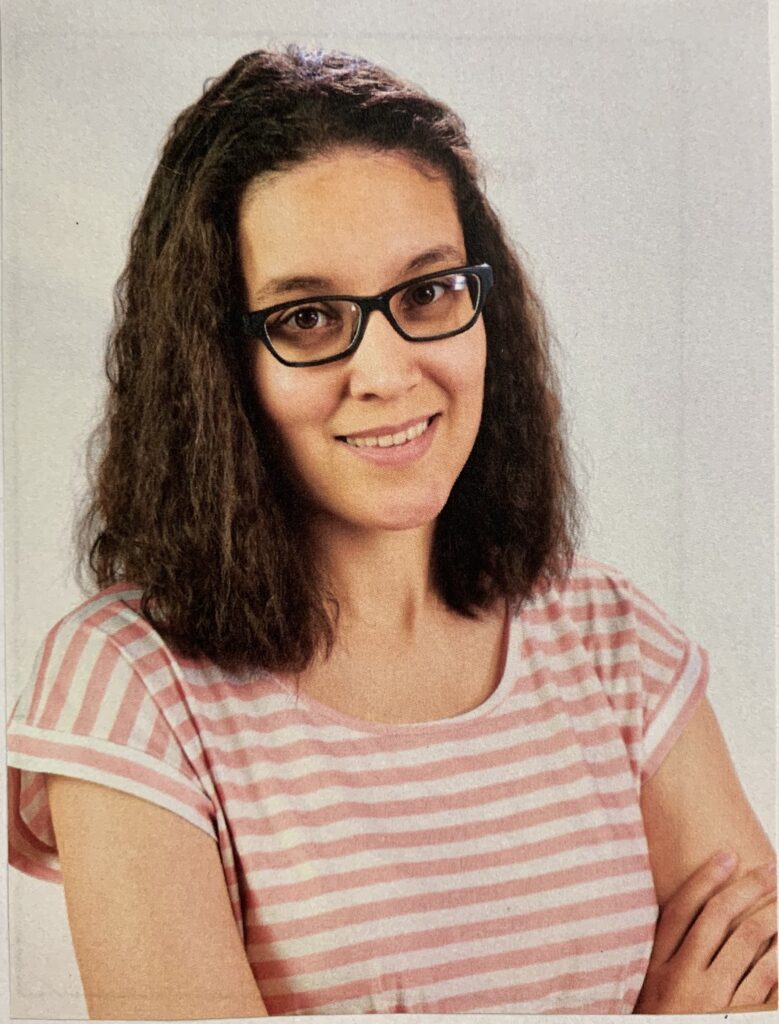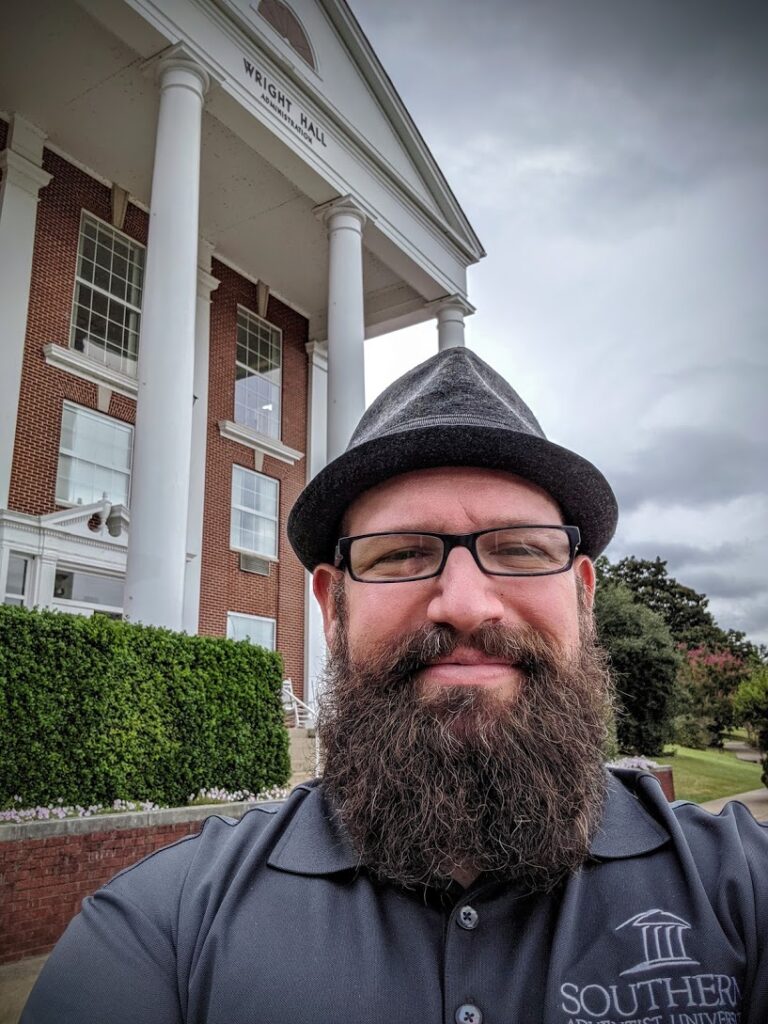
Hi! My name is Patrick and I am a senior journalism and political science major.
Both of my grandfathers have a rather significant background in ministry and Christian education. From youth pastoring to higher education, they both made consequential contributions to the Seventh-day Adventist church.
Their involvement with the church trickled down to their children. My parents attended SDA academic institutions, participated in worship services, attended church regularly, and generally knew all the intricacies of Adventism any “normal” Adventist would. Mom and Dad got married shortly after graduating college, moved into a small suburban home just outside D.C., then had my twin sister and me at the age of 26, exemplifying what seems to be the “Adventist way.”
In the summer of 2007, however, things changed. My parents made the bold decision to embark on a two-year family journey to France. That two-year journey ended up being a 13-year sojourn that impacted my life in numerous ways.
Perhaps the most significant effect my French upbringing had on me was how I viewed religion. Although I was raised Adventist, I attended a very secular high school in a famously secular country. The only taste of Adventism I got after moving abroad was semi-frequent Friday night worship with my family, which caused me to reconsider my identity and attitudes towards religion as a whole. I developed a different perspective than that of my grandparents’ generation.
For years, I assumed the religious differences I shared with the older generation was solely due to where I was raised. This is certainly true, to an extent. But after thinking about it more carefully, I began to wonder if the reason for these differences extended beyond the place I grew up. Is it possible that different attitudes towards religion is more of a generational issue than a geographic one? For example, there are several areas — many, even — in which my views align perfectly with those of my grandparents. I also have met several friends in college who have similar opinions of Adventism as I do. Yet, those very friends were raised in a strict SDA household and attended strict SDA boarding academies.
What is so interesting to me is that the various perspectives I have experienced are only one piece of a much larger puzzle. Attitudes towards politics, science, and artistic expression within the SDA church have been shifting in recent years. Hot-button issues like LGBTQ+ rights, climate change, and even music are increasingly polarizing topics that pit boomers against Gen X in the church, and I want to know why. Why does there seem to be a generational divide? What are its causes? And what does it mean?

